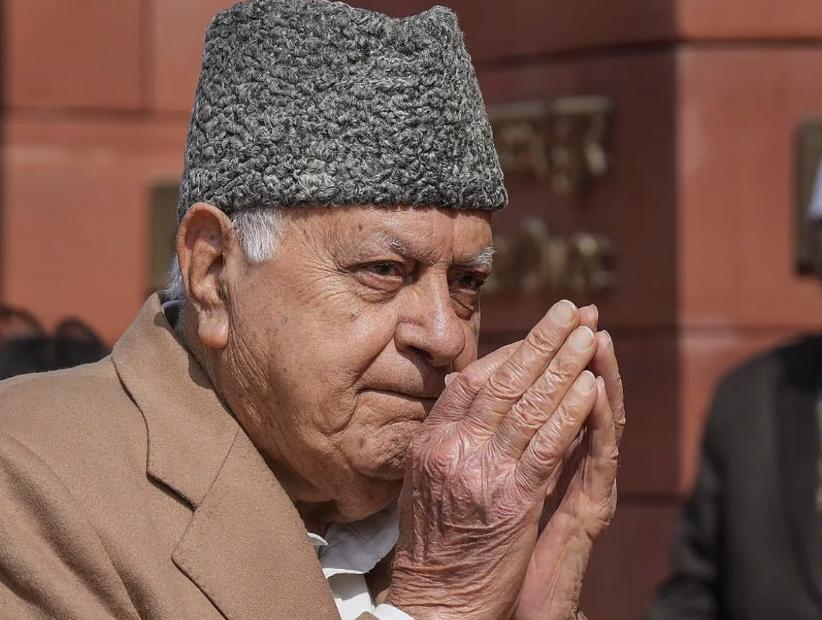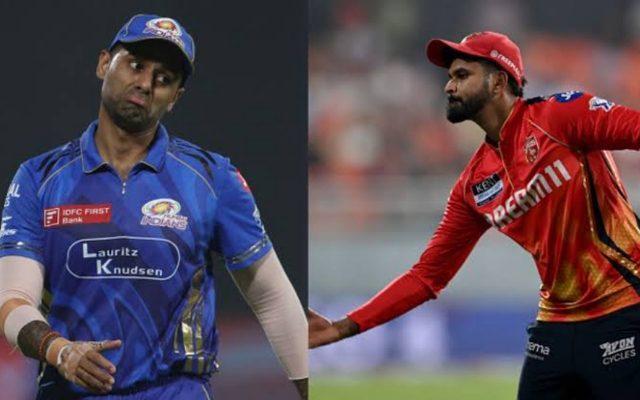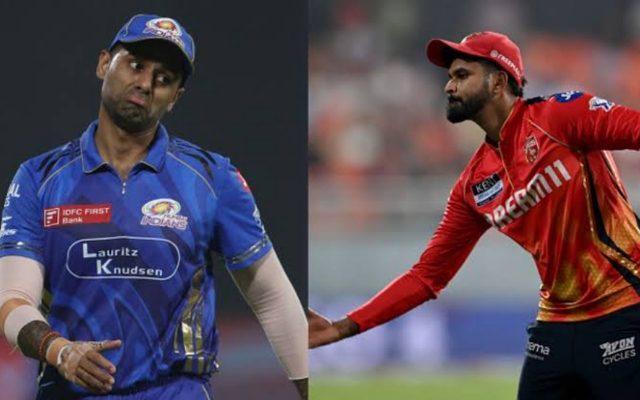
Ex-R&AW chief Dulat claims Farooq privately backed Article 370 abrogation, he denies
The abrogation of Article 370, which granted special status to Jammu and Kashmir, has been a contentious issue in India for years. The move, taken by the Indian government in 2019, has sparked widespread debate and division among the people of the region and the rest of the country. In his new book, “The Chief Minister and the Spy”, former R&AW chief AS Dulat has made a surprising claim that former J&K CM Farooq Abdullah privately backed the abrogation of Article 370. However, Abdullah has denied this claim, calling it a “figment of imagination” of the author.
In his book, Dulat claims that Abdullah’s National Conference (NC) suggested that the abrogation of Article 370 would have helped in passing the Bill in the parliament. According to Dulat, this was discussed during a meeting between him and Abdullah in 2014. Dulat reportedly said that Abdullah’s NC had suggested that the abrogation of Article 370 would have helped in passing the Bill, which would have been a significant move for the party.
However, Abdullah has denied this claim, saying that it is a “figment of imagination” of the author. In a statement, Abdullah said that he had never discussed the abrogation of Article 370 with Dulat or anyone else. He also questioned Dulat’s credibility, saying that he had been a “pivotal figure” in the Indian intelligence agency R&AW for many years and had been involved in various operations.
The controversy surrounding Dulat’s claim has sparked a heated debate in India, with many people questioning the motives behind the abrogation of Article 370. The move has been widely criticized by many political leaders and experts, who say that it has undermined the autonomy of the region and created widespread unrest.
The abrogation of Article 370 was taken by the Indian government in August 2019, following a surprise visit by Home Minister Amit Shah to Srinagar. The move was seen as a significant step towards integrating Jammu and Kashmir with the rest of the country, but it has also been widely criticized for its potential impact on the region’s autonomy and the rights of its people.
Many people have questioned the need for the abrogation of Article 370, saying that it has created widespread unrest and uncertainty in the region. The move has also been criticized by many international organizations, including the United Nations, which has called for the restoration of the region’s autonomy.
The controversy surrounding Dulat’s claim has also raised questions about the role of the Indian intelligence agency R&AW in the abrogation of Article 370. R&AW has been accused of playing a significant role in the move, with many people questioning its motives and methods.
The agency has been involved in various operations in the region, including the monitoring of separatist groups and the gathering of intelligence on terrorist activities. However, many people have questioned the agency’s role in the abrogation of Article 370, saying that it has undermined the autonomy of the region and created widespread unrest.
In conclusion, the controversy surrounding Dulat’s claim that Farooq Abdullah privately backed the abrogation of Article 370 has sparked a heated debate in India. While Dulat claims that Abdullah’s NC suggested that the abrogation of Article 370 would have helped in passing the Bill, Abdullah has denied this claim, calling it a “figment of imagination”. The move has been widely criticized for its potential impact on the region’s autonomy and the rights of its people, and has raised questions about the role of the Indian intelligence agency R&AW in the move.
Source:
https://repository.inshorts.com/articles/en/PTI/5880e3bf-0a05-40d6-887a-465b5c760b3a






